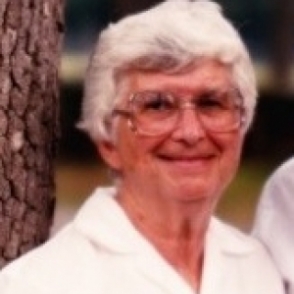
Elaine S. Reisman
-

Bio
Loving Partner to Bernie Reisman.
-
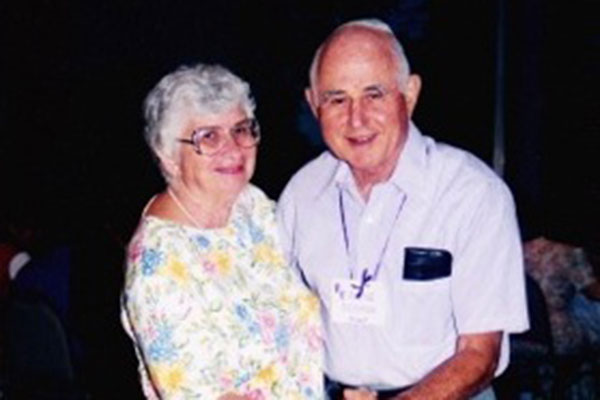
Which of these best describes you?
I am a caregiver -
-
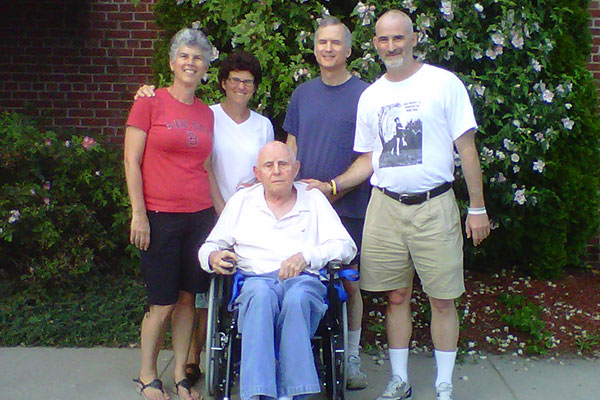
If your loved one was experiencing signs of dementia, would you keep it a secret?
Yes - Bernie was afraid that if people knew he was experiencing dementia, that they would have less respect for him. I tried as much as possible to 'protect' him and his wish not to be 'out'; however, it was quite evident. When he finally was agreeable to be completely open about it, life was much easier. This question is difficult because I wanted to respect his not wanting to tell others and yet it was very obvious and at times, needed explanation.
-
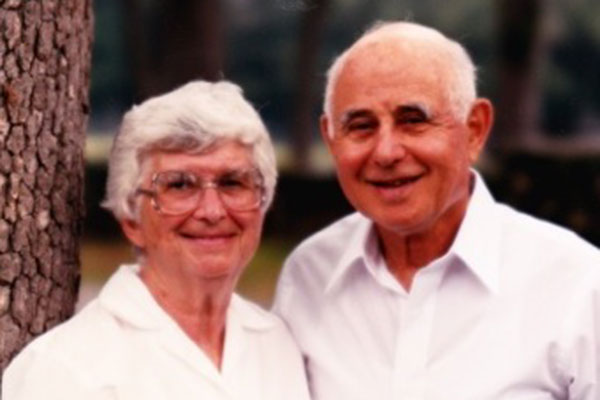
Who are you here for?
- Bernie Reisman. A man of great integrity and sensitivity. Thoughtful husband; devoted father. His students thought they were #1. The children and I knew we were #1. Noted professional who cared a great deal about enabling others and developing community. Still quoted by many who follow the legacy he left. Influential in the world of Jewish communal relations. Family relationships were very important to him. Selfless in many ways while protecting his own turf. Professionally and personally, he lived his values.
-
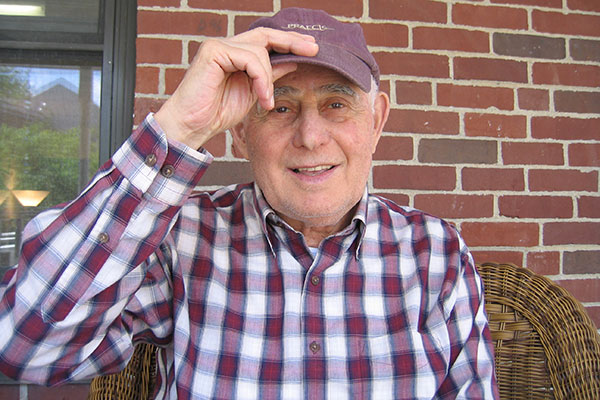
The thing I miss most is...
- HIM!!!!!!!!! He was my best friend. We enjoyed many activities together while maintaining personal interests. We were interested in each others outside interests. We were compatible about parenting. He was a good listener. We could be together without interacting and feel good just being there. - - HIM!!!!!!!!! He was my best friend. We enjoyed many activities together while maintaining personal interests. We were interested in each others outside interests. We were compatible about parenting. He was a good listener. We could be together without interacting and feel good just being there.
-

I first began to worry when...
- I realized that he was repeating himself and when his secretary alerted me to similar issues at work. More dramatic was a week-end in May 1995 when he was scheduled to go away for a week-end conference. He was somewhat confused about his return, but when the time came for him to come home, he did not show up. I called the hotel and determined that he was not due to check out until the next day. I also knew that he was with other people, so that he was probably safe. However, this confusion was the alarm bell because he had always been so well organized and accurate about such matters.
-
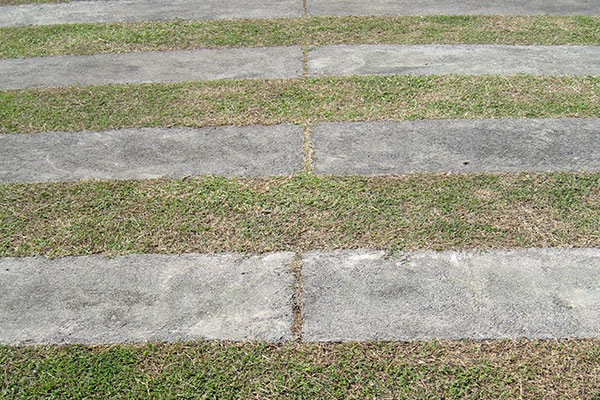
The hardest part of my today was...
- - Difficult to say as we went through so many phases. Sometimes it would be his waking at night and my holding my breath until he returned to bed. If a reasonable time passed and he wasn't back. I went looking for him---finding him sleeping on the floor or upstairs. Occasionally, he would return fully dressed-- at a time when he was needing help to find and put on his clothes. It was also difficult when we were getting ready to go out together. I tried to figure out the best strategy: get him ready first and have him wait or get myself ready. He got restless either way.
-
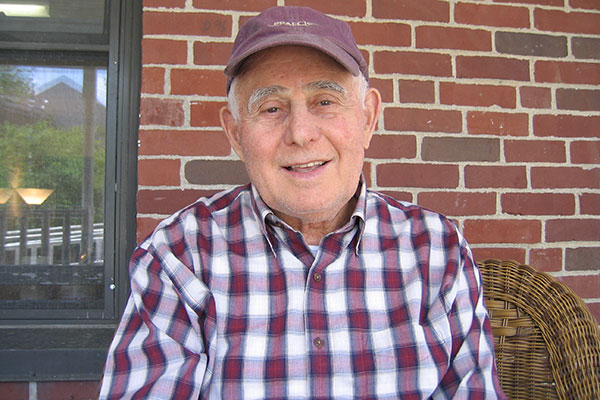
The best part of my day today was...
- - With him: When we took walks or ate meals together. We did socialize with other people whom we met through a program for individuals with Alzheimers. Those social times were very supportive. Just re-read the question: Today, he is no longer living. I am 'on my own' and have developed a life independently. Best part is doing things on my own time and whim. Worst: loneliness
-

I didn't consider myself a caregiver until I had to...
- - The first few years were not too bad as he was still able to go to work and did teach. It became more difficult when he retired. He then started a life long learning program at Brandeis and that kept him occupied for awhile. However, as things progressed, keeping him busy was a full time job. I started to go to a support group that had a parallel group for patients. I did not think he was ready for that because he was still pretty much in denial. At that time I had an eye operation and he had to drive me to support group. He was going to wait for me, but responded positively to visiting the group and then went regularly----assuming a position of leadership in greeting people who came. Hard to say when I began to feel like a caregiver. I guess it was when it was apparent that he was no longer safe to drive and when he had trouble dressing himself.
-
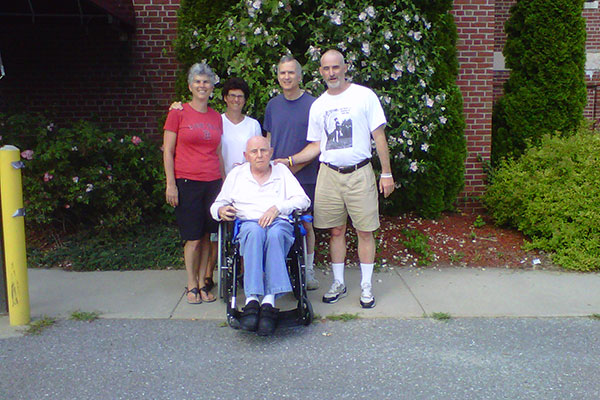
I have found the most support from...
- - Alzheimer's Association: helped me find a support group; individual consultation; educational programs; opportunities to 'do something'' Bernie and I were active in speaking to groups and they often asked him to introduce speakers. We testified at hearings in MA and in D.C., spoke to medical students, etc. Being 'pro-active' and 'doing something' helped him and me to feel that we were 'pushing back' against something that was pushing us. Children were incredibly supportive and we were unified in our approach to the issue. His brother was in complete agreement.
-
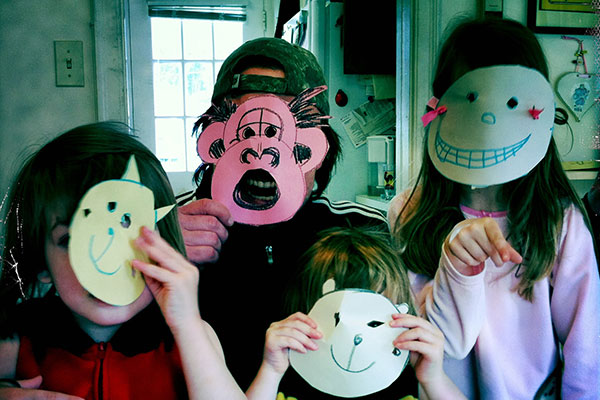
I have felt most abandoned by...
- - I did not feel abandoned. However, there was some diminution in our social life. We, anyhow, were often the organizers of social activities and it was easier to move in the direction of being with the others who were also experiencing Alzheimer's.
-
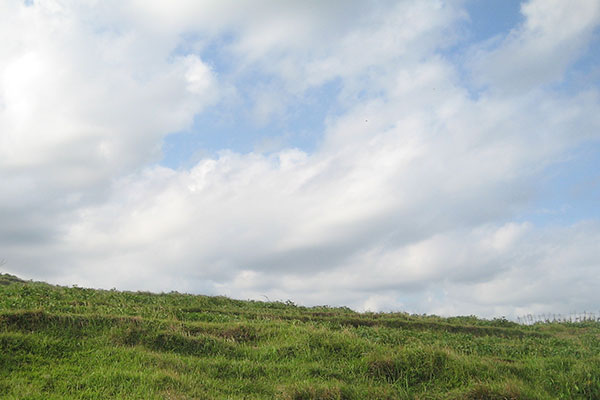
The thing that would surprise most people about my day is...
- - What comes to mind is that Bernie continued to be the same pleasant personality that he always was. I was able to continue to live a reasonably pleasant life with him as well as to do things when he was in day care. I guess I have to say that I feel proud of the way that we as a family managed the system with my leadership.
-
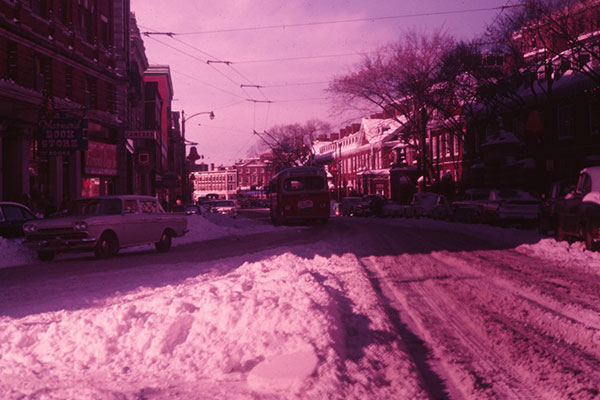
The gift of being a caregiver is...
- - I like other gifts better!!!!! It is not a gift: it is an experience which calls on a person to develop and draw deep for strength and patience. I learned a lot and feel good about how I handled his care. If the above is considered a 'gift' , that would be it.
